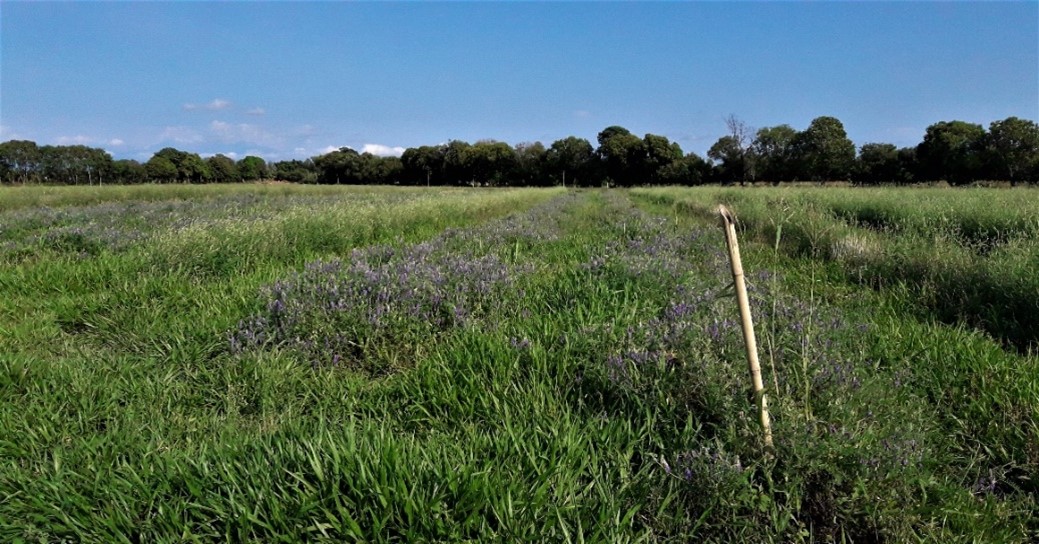
Juan C. García1, Joaquín Fernández de Ullivarri1 y Omar D. Medina2
1Establecimiento productivo La Selvita SRL; Argentina
2Universidad Nacional de Jujuy. Facultad de Ciencias Agrarias. Cátedra de Zoología Agrícola; Argentina
Abstract
Intensive crop production in the province of Salta stands out as one of the main sources of pepper, tomato, aubergine and off-season squash supply. This commercial scheme limits crop rotation and results in loss of soil quality, an increase in pathogen population, loss of profitability, as well as environmental pollution. The aim of this experiment was to use service crops (SC) to overcome these consequences, aiming to reduce tillage. The experiment was carried out at the horticultural farm La Selvita SRL. Two 0.5 ha plots were used, one where chilli pepper (Capsicum annuum) was transplanted and the other where zuchini (Curcubita pepo) was sown, both without soil removal. The SC mixtures evaluated were: Vicia faba (VF) + wheat; VF + barley; VF + triticale; melilotus + wheat and VF + barley + turnip. The best performing SC mixture was vicia + barley (or triticale) + turnip. Wheat has a poor root development and spikes very quickly, serving only for grain production, not for soil structuring. Melilotus has the disadvantage of having a very hard stem that pierces plastic mulching. No problems were observed in the germination of zuchini, nor in the establishment of chilli pepper seedlings, nor was there any reduction in yield compared to plots without SC. Service crops can reduce the use of mechanical tillage. The SC mixture that performs best in each system must be found, as well as an efficient way of sowing and cutting.
Comments are closed.